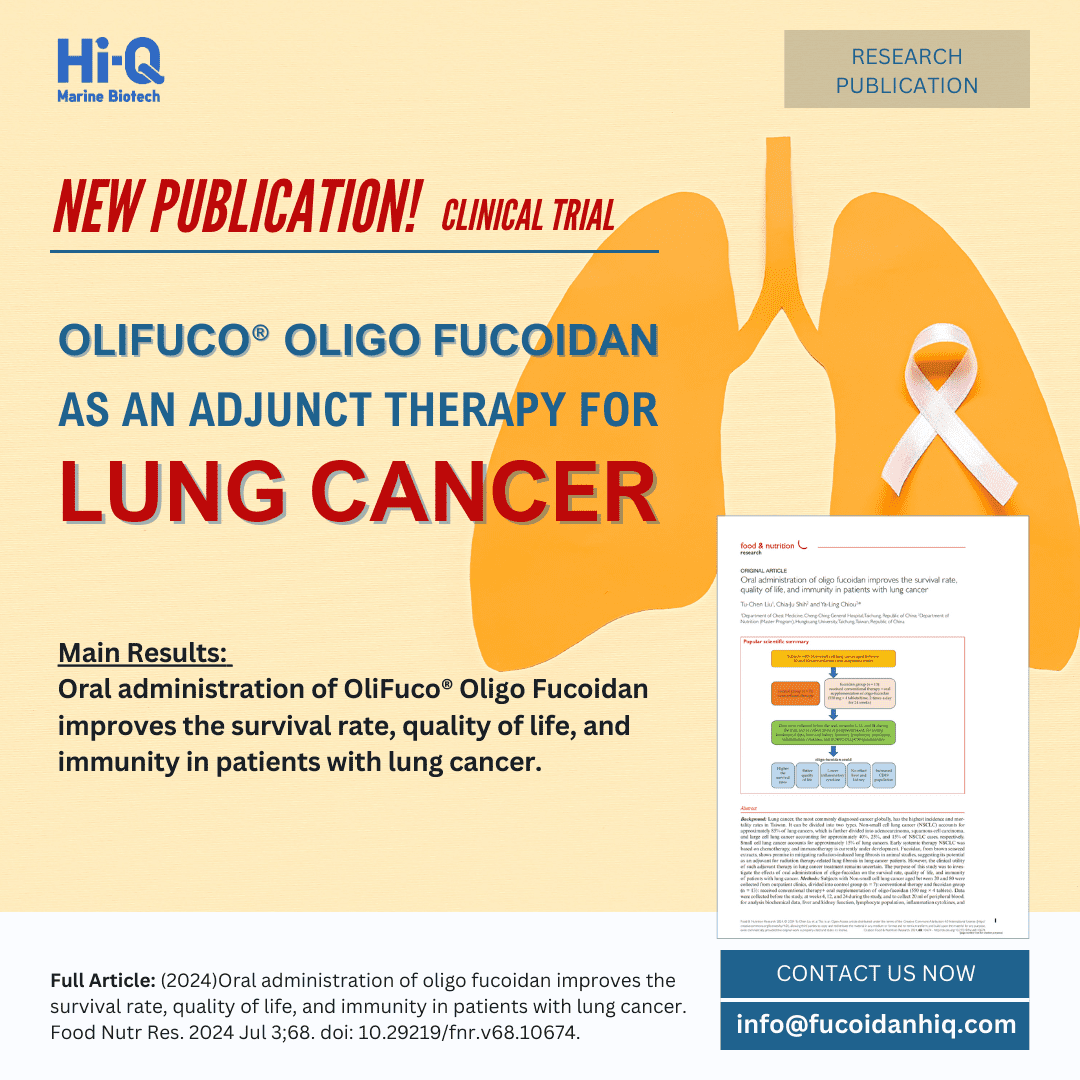

The decision to avoid risky substances is not merely a lifestyle choice; it’s a commitment to safeguarding our physical, mental, and emotional health. Research studies, such as those published in the Journal of Substance Abuse Treatment, shed light on the detrimental effects of substance abuse on individuals and communities [1]. From increased risk of addiction and overdose to adverse impacts on mental health and social relationships, the consequences of substance misuse are far-reaching.
Avoiding risky substances is essential for promoting overall wellness and vitality. Substance abuse not only compromises physical health but also undermines mental clarity, emotional stability, and social well-being. By abstaining from harmful substances, individuals can cultivate a clear mind, stable mood, and fulfilling social connections, laying the foundation for a vibrant and fulfilling life.
Empowering individuals to make informed choices about substance use is at the heart of lifestyle medicine. Educating ourselves and others about the risks associated with substance abuse, including alcohol, tobacco, illicit drugs, and prescription medications, is key to fostering a culture of health and wellness. By raising awareness and providing access to resources, we empower individuals to make choices that prioritize their well-being.
Avoiding risky substances is not always easy, especially in environments where they may be prevalent or socially accepted. Building resilience and developing coping strategies are essential for navigating challenging situations and resisting peer pressure. By cultivating healthy coping mechanisms, such as stress management techniques, mindfulness practices, and seeking support from trusted individuals or communities, individuals can strengthen their resolve to abstain from harmful substances.
Creating supportive environments that promote healthy lifestyles is essential for fostering well-being. This includes implementing policies and initiatives that restrict access to harmful substances, providing education and resources for substance abuse prevention and treatment, and cultivating a culture of mutual support and accountability. By working together to create environments that prioritize health and wellness, we can empower individuals to make positive choices for themselves and their communities.
Embracing self-care as a fundamental aspect of avoiding risky substances involves prioritizing activities and practices that nourish our bodies, minds, and spirits. Engaging in regular physical activity, practicing mindfulness and relaxation techniques, cultivating fulfilling relationships, and pursuing hobbies and interests that bring joy and fulfillment are all integral parts of self-care. By investing in self-care, individuals can strengthen their resilience and fortify their commitment to avoiding harmful substances.
Citation: (Substance Abuse and Mental Health Services Administration. (2022). National Survey on Drug Use and Health. Journal of Substance Abuse Treatment, 152, 108177. https://doi.org/10.1016/j.jsat.2021.108177)





